Business
NVIDIA Metropolis: Can AI cities help keep people safe?
NVIDIA hopes AI can help in emergency cases so it launched Metropolis.
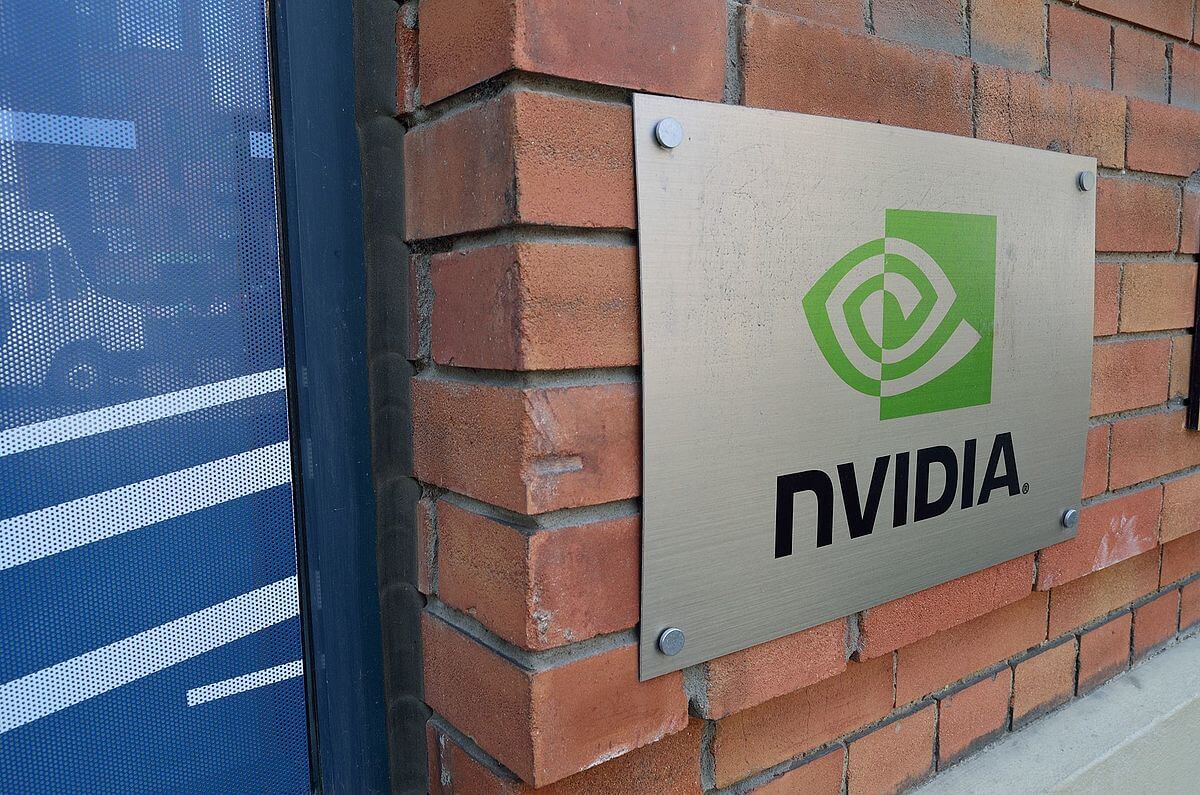
Artificial intelligence is one of today’s hottest topics when it comes to providing a better tech experience for people. But on a grander scale, AI can also be used with the combination of cameras, video recorders and cloud technologies to make cities a safer place to live in.
Last May, American tech company NVIDIA unveiled Metropolis, an edge-to-cloud platform that is comprised of tools, technologies, and support which builds smarter and faster AI-powered applications. Metropolis will put AI on cameras, video recorders, servers and in the cloud to make it perform complex recognition tasks and to improve accuracy and scalability to save lives.
Applications for use
Just how useful will AI be to make cities feel safer? For example, sparsely populated subway or train stations can be monitored 24 hours a day and seven days a week to help aid riders who encounter danger. The United States has over 600,000 bridges and damage inspection can disrupt smooth traffic for miles. Video-enabled drones would help to eliminate disruptions that contribute to road closures.
One of the companies NVIDIA has partnered with in providing products and applications that use deep learning on GPUs is Hikvison. The company said it has reached recall rates of over 90 percent on its identification and matching technology, which makes finding missing people in crowded places easier. It does this with a combination of a camera and network video recorder, cloud servers and an AI supercomputer for training.
Meanwhile, Alibaba Cloud’s City Brain delivers real-time traffic management and prediction, and it has eased traffic congestion in Hangzhou by 11 percent. Another company, Huawei, provides real-time traffic analysis and has seen speed congestion rates drop by 15 percent.
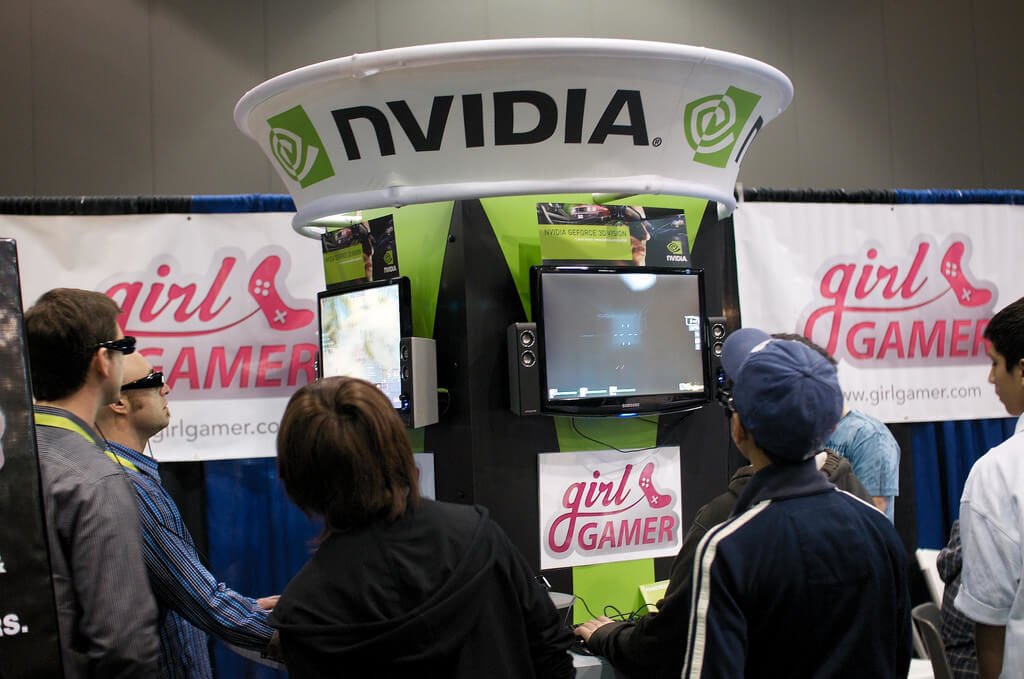
NVIDIA Metropolis was launched to help in emergency cases around the city. (Photo by JD Lasica via Flickr. CC BY 2.0)
Who benefits from this technology?
It’s not just everyday people who will benefit from this type of technology. NVIDIA Metropolis can also be used for commercial purposes to help enterprises address customers’ individual needs. For instance, Deepvision AI helps to identify brands, logos, and products to tailor-fit content for retail customers.
Meanwhile, law enforcement can be made more effective by using this technology to include detection and recognition applications. iCetana and Omni AI detect anomalies in videos as it happens and alerts operators.
NVIDIA Metropolis also aids in facial recognition purposes. Herta Security does facial recognition in public places, while Sensetime provides facial recognition for public safety, retail and access control. Another example is that of VisionLabs which performs cross-platform facial recognition for controlled and uncontrolled scenarios.
AI a win for NVIDIA?
Aside from this game-changing technology that is set to improve lives, NVIDIA’s focus on its core technology is expected to become a profit-generating one for the company. Compared to last year, NVIDIA’s stock price is up $178, or 69 percent more. William Stein of SunTrust Robinson Humphrey even predicted that NVIDIA’s revenue from selling GPUs to internet companies will continue to rise annually by 61 percent until 2020.
Moreover, NVIDIA is expected to be ahead of its technology compared to other competitors. The company improved the efficiency of its GPU chips in the past four years. They have also been investing in research to optimize machine-learning frameworks, a crucial software that is used to build AI programs.

-

 Markets3 days ago
Markets3 days agoRising U.S. Debt and Growing Financial Risks
-

 Business1 week ago
Business1 week agoDow Jones Near Record Highs Amid Bullish Momentum and Bearish Long-Term Fears
-
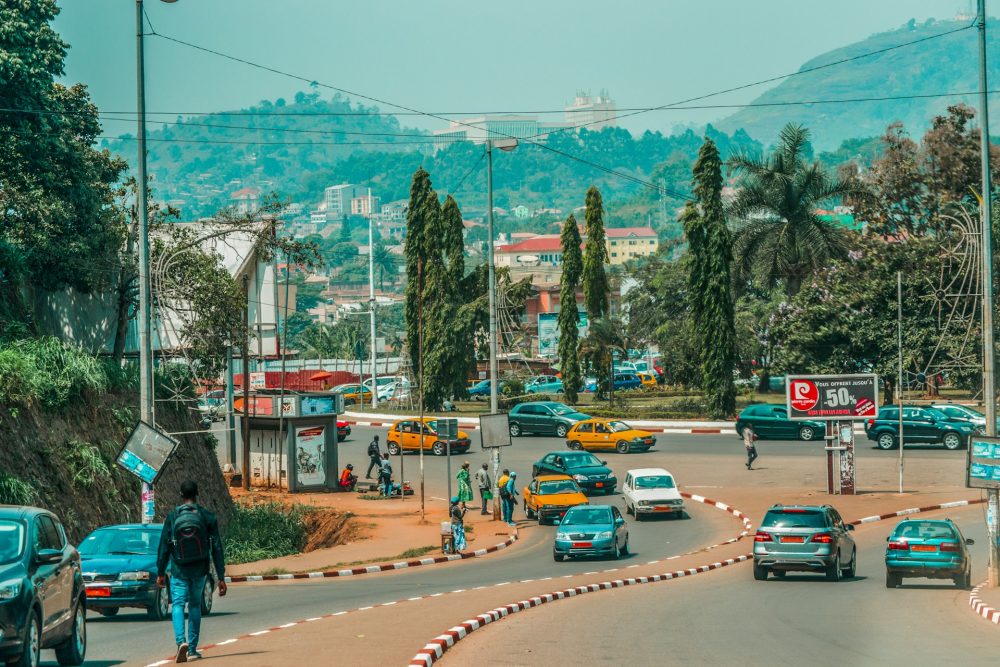
 Africa2 hours ago
Africa2 hours agoCameroon’s Government Payment Delays Exceed 200 Days, Straining Businesses and Public Finances
-

 Crowdfunding1 week ago
Crowdfunding1 week agoThe Youth Program at Enzian Shooting Club Is Expanding Thanks to Crowdfunding
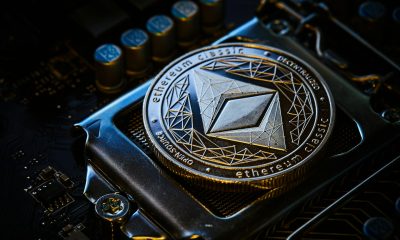



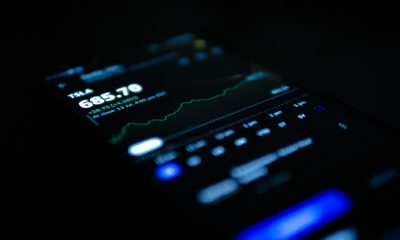




















You must be logged in to post a comment Login